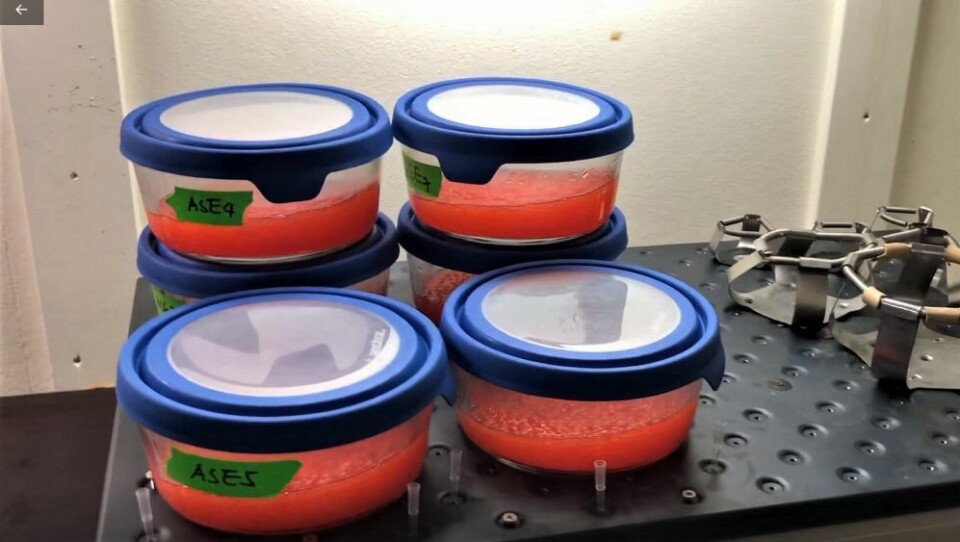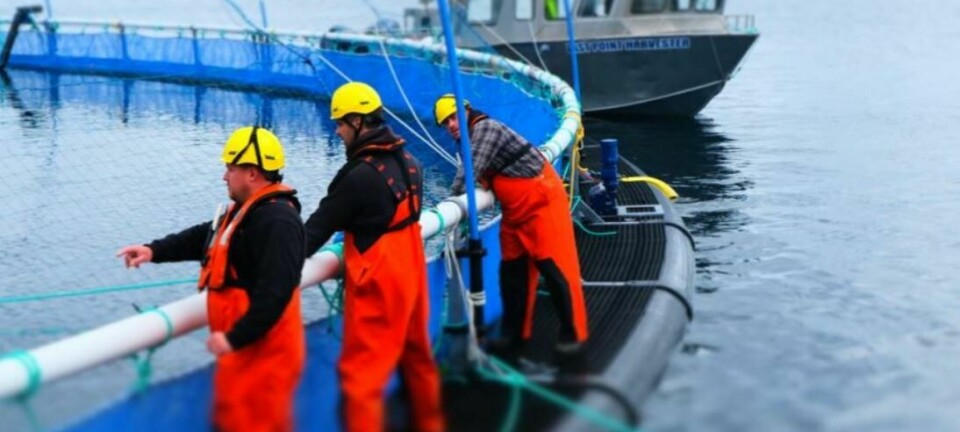
Icelandic scientists seek to create sexless salmon
Iceland’s Marine and Freshwater Institute is attempting to breed a sexless farmed salmon that would never become sexually mature and could never breed with wild salmon if it escaped.
Salmon industry egg supplier StofnFiskur, part of UK-based Benchmark Holdings, is collaborating on the project along with the University of Maryland in the United States, according to a report by Iceland’s RUV news agency.
“This is what’s called gene suppression; there are certain substances that we use on roe and once we do, certain genes that can determine what sex a fish is don’t get expressed. And so the fish are sexless,” said Ragnar Jóhannsson, the Institute’s aquaculture director.

More promising than triploids
This is not considered genetic modification, since the fish’s genetic makeup isn’t touched. Rather, the expression of mRNA, which controls the production of proteins that are connected to sexual maturation, is prevented. This is done by introducing substrates into cells. The University of Maryland holds the copyright on the process.
Jóhannsson believes the method is more promising than experiments with triploid fish, as it involves less intervention. “What seems to have been the biggest problems with the triploid fish is that there have been more deformations and death and that seems to be because they can’t tolerate temperatures that are high or too low as well. And we have more than enough low temperatures here in Iceland.”
Testing phase
The project is still in the testing phase and no firm conclusions are expected for at least three years. “This naturally means that if we can produce fish that are sexless, there won’t be any danger if they get into rivers that they interfere with the naturally occurring fish,” said Jóhannsson.
If this experiment is successful, the result would also be applied to farmed Arctic char populations, 15-20% of which reach sexual maturity before they are harvested. “The [sexually mature] fish falls into another category and it is hardly worth the work to produce it,” said Jóhannsson.





















































